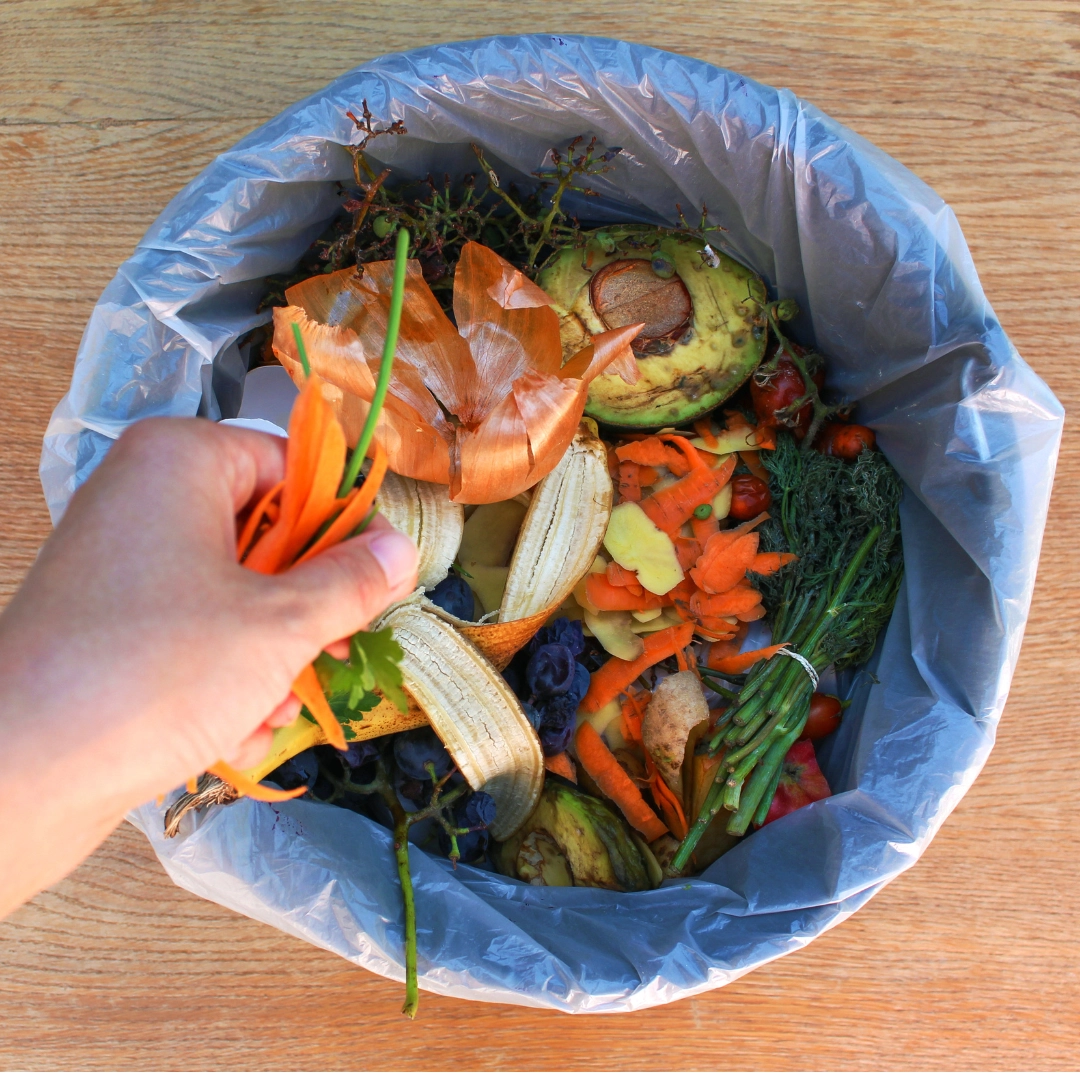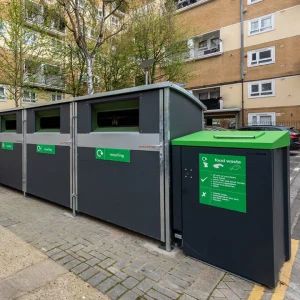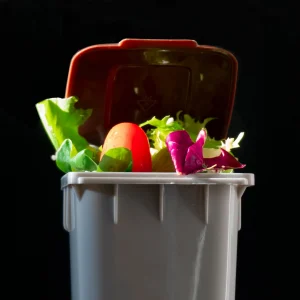Lets work together



Suite 3A, Chapel Allerton House, 114 Harrogate Road, Leeds, LS7 4NY
ukinfo@integrated-skills.com
+44 (0) 3300 888 670

With the April 2026 deadline only a year away, Local Authorities are bracing for the introduction of a weekly food collection for all households. While Government funding has been allotted, many will still be scrambling to plug budgetary gaps.
Here we’ll be recapping the incoming legislation and the plans laid out by the Government to support it, as well as the more innovative, alternative routes to additional funding being explored.
The Issue of Food Waste
As a country, we produce astonishing levels of food waste year on year. WRAP put it into perspective beautifully: “If food waste were a country, it would be the world’s third largest emitter (of greenhouse gases) after China and the USA.”
The environmental issues this causes, alongside the wasteful, morally repugnant side to the problem, have led the Government’s commitment. They’re now working towards their goal of reducing food waste by 50% (against a 2015 baseline) by 2030.
Kerbside collection for all households is the ultimate aim following key research carried out by DEFRA in 2020. They investigated the effect of kerbside food waste collection and found that “If all local authorities provided kerbside food waste collection, the amount of food waste collected would increase by 1.35 million tonnes by 2029 – reducing greenhouse gas emissions by an estimated 1.25 million tonnes per year.”
You can read more about the importance of dealing with the food waste in our previous blogs, written in response to the introduction of food waste collection for businesses in May and April 2024:

Available Funding
DEFRA confirmed a total pot of £295 million to be shared among local authorities – supposedly to cover the cost of supplying a weekly food waste collection to all households. For cash-strapped councils, the funding is being challenged. It’s not widely believed to be enough to cover the true cost of supplying an effective, efficient service.
Now that funding has been allotted, many are projecting significant shortfalls. Havering Council are just one example. They wrote to DEFRA in February 2025:
“… we have to buy the food caddies, appropriate vehicles and put together the associated infrastructure to collect from the homes of our residents. However, we have only been given a £1.9 million capital grant to help cover costs, a shortfall of approximately £1.3 million. We will therefore have to bridge the gap, and as an authority which is already under special financial circumstances…”
We suspect that many letters of a similar ilk may have been delivered recently, especially from those tasked with servicing large numbers of high-rise blocks, which face their own unique challenges. These building were not built with multi-material collections in mind – and certainly not food waste collections.
Alternative Routes to Additional Funding
With many Local Authority Recycling Officers facing financial difficulties, some innovative thinking is coming into play.
For those servicing block of flats, external enclosures with foot-operated bins for touch-free access and guaranteed lid-closure are the most logical option.
Since few Councils will have built the funding of this infrastructure into their New Burdens funding bid, a novel approach is to access funding from the landlords themselves. Landlords are already tasked with keeping their properties clean and safe, and the introduction of food waste collection legislation effectively extends this responsibility to providing safe and appropriate receptacles.
Nigel Deacon of MetroStor, a provider of food waste bin enclosures, such as those pictured, says “We have been able to access funds outside of the Council’s own waste budgets, from Housing Landlords across the country.”
This approach benefits all parties:

Optimised Food Waste Collections Save Revenue
Integrated Skills have been providing optimised routes for Local Authorities
and their contractors since 2006. Our team of routing consultants are
busy providing high-level option modelling for authorities across the
country. We can identify the number of vehicles and routes required based on our experience with authorities who are already running food waste collections.
Any authority wanting to optimise its food waste routes using our software, RouteSmart, should be able to find an additional 10-15% efficiency saving over a paper-based exercise. These optimised routes can be exported to our next generation in-cab system, SmartSuite. Here, crews can record service information (such as participation figures) which can be displayed on reports and maps within the back-office system.
Integrated Skills is also trailing innovative reporting technology to include figures of bins and caddies decanted out of view of the vehicle. These instances can also be displayed on maps to help identify high and low participation areas.
Contact us today so we can help take the headache out of planning for vehicles, routes and reporting.
Would you like to know more about Food Waste Collection Funding: A Recipe for Success? Fill in your details below and let us know how we can help.
Website Designed & Built by we are CODA